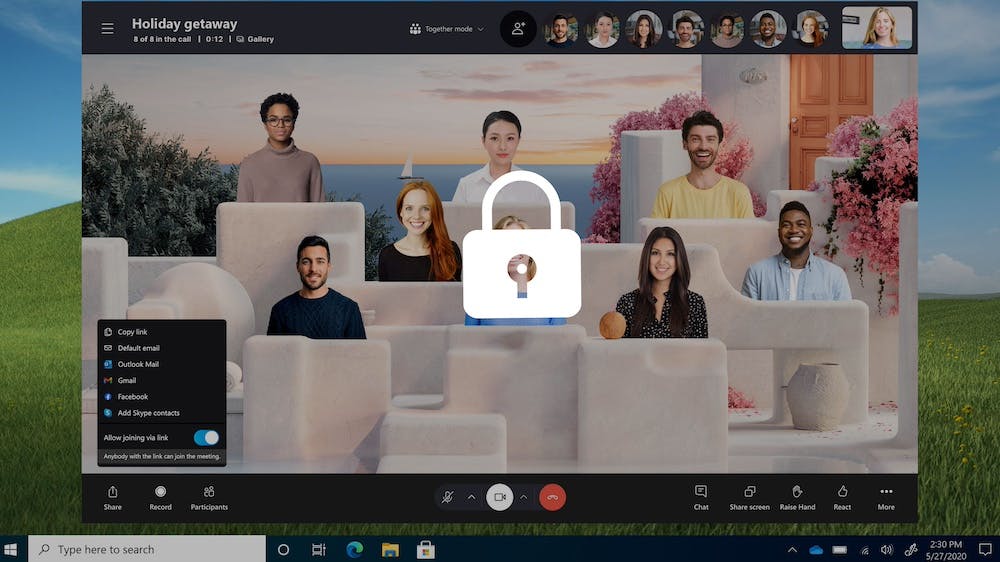Microsoft has announced plans to hang up Skype, the pioneering internet communication service – a decision that marks the end of an era for a service that once revolutionized global communication.
A disruptor in its day: Launched in 2003, Skype was a trailblazer in Voice over Internet Protocol (VoIP) technology, enabling users worldwide to make free voice and video calls over the internet. Its user-friendly interface and cost-effective communication solutions quickly garnered a massive user base, challenging traditional telecommunication models.
Part of the team: Microsoft's acquisition of Skype in 2011 for $8.5 billion was initially seen as a strategic move to enhance its communication offerings. But the subsequent development and launch of Microsoft Teams in 2017 signaled a shift in the company's focus. The COVID-19 pandemic further accelerated the adoption of Teams, as remote work became the norm and organizations sought robust tools to maintain productivity.
From leader to laggard: Over the years, Skype also faced increasing competition from a range of emerging technologies and platforms—including Zoom, WhatsApp, and Google Meet—that offered enhanced features, more versatility, and better user experiences. The end result is that Microsoft is shuttering Skype in May 2025 and encouraging users to migrate to Teams.
"With Teams, users have access to many of the same core features they use in Skype, such as one-on-one calls and group calls, messaging, and file sharing," Microsoft said in a post announcing the shutdown. "Additionally, Teams offers enhanced features like hosting meetings, managing calendars, and building and joining communities for free."
A rich history: Skype's ownership journey reflects its dynamic evolution. Founded in 2003 by Niklas Zennström and Janus Friis, Skype was acquired by eBay in 2005 for $2.6 billion. In 2009, a consortium including Silver Lake and Andreessen Horowitz, purchased a 65% stake, valuing the company at $2.75 billion. Microsoft's acquisition in 2011 aimed to integrate Skype's capabilities into its ecosystem, but the emergence of Teams eventually overshadowed Skype's prominence.
